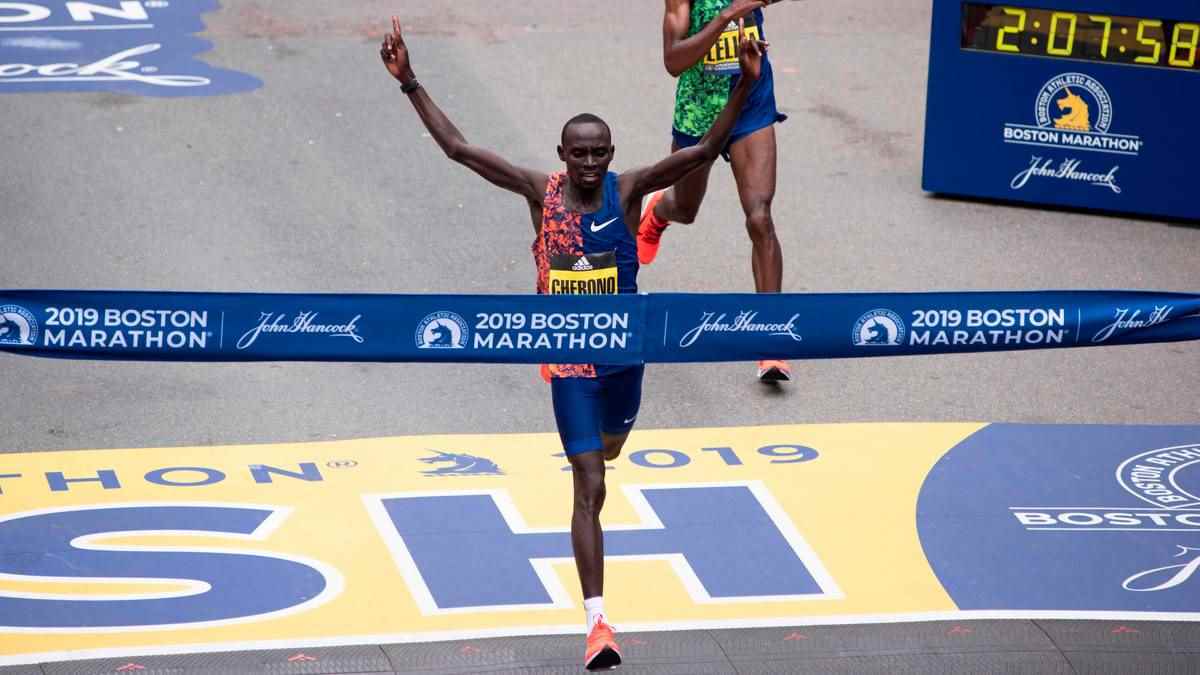Since 2 September, seven Kenyan athletes have been banned for three years or more as a result of positive doping tests or other breaches of the doping regulations. In the same period, four runners have been suspended pending further proceedings. This is shown by an overview from the Athletics Integrity Unit (AIU). Kenyan doping avalanche Suspended: October 18: Ibrahim Mukunga Wachira October 18: Keneth Kiprop Renju October 14: Diana Chemtai Kipyokei October 14: Betty Wilson Lempus Convicted of doping: October 20: Marius Kipserem October 11: Mark Kangogo 10 October: Philemon Kacheran Lokedi September 27: Felix Kipchumba Korir September 27: Emmanuel Saina September 21: Lilian Kasait Rengeruk September 9: Vane Nyaboke Nyanamba – There are a lot of issues right now and much more work is needed against doping, says communications manager for AIU, Gayle Alleyne, to news. They work closely with the Kenyan Athletics Federation and the anti-doping authorities in the country, but believe that far more local funding is needed to fight against athletes who use performance-enhancing drugs in Kenya. – From our perspective, the risk of doping in Kenya is very high due to local factors and the significant financial incentives for professional street runners, says Alleyne. CONDEMNED: Lilian Kasait Rengeruk (TV) Photo: Petr David Josek / AP Economic temptations Several prominent marathon runners are banned, including Lawrence Cherono who was thrown out of the WC this summer in Eugene. He is the eighth fastest marathon runner in the world of all time, was number four in the Olympics last year and has victories in both the Boston and Chicago marathons on his CV. Here he has raked in well over two million kroner in prize money. Last year’s winner in the Boston marathon, Diana Kipyokei, was also suspended after testing positive for doping. Philemon Kacheran Lokedi received a reduced sentence after quickly confessing to the use of testosterone. The 30-year-old was part of the marathon king Eliud Kipchoge’s running group and was part of the pacesetter when he ran the 42,195 meters in under two hours in 2019. So did Marius Kipserem, who was banned for three years on Thursday for using EPO. – I have been a lot in Kenya, where there are many good runners who put in a lot of training to become the best. Everyone is not part of a cynical business, they run because they like running. Then of course there is a financial upside to winning, then it can be tempting for some to take that step illegally, says former top runner Sindre Buraas to news. EXPERT: Sindre Buraas is a former top runner and follows athletics closely. Photo: Fredrik Hagen / NTB Demand stricter measures The athletics expert believes that the International Association of Athletics Federations must step in after the recent spate of doping-related Kenyans. – They must come up with stricter measures. In the past we have seen whole countries being banned from the sport, but that would be unfair to those who compete honestly. I know that there are many Kenyans who are tested regularly and it would be wrong to lump everyone together, says Buraas. Buraas points to the street race as the main problem, as fewer athletes are currently being tested here compared to on the track. According to AIU funding of the testing force here as well. – A group of around 300 well-controlled, professional street runners will be formed who will be tested outside of competition by the AIU, they say. Kenya is one of seven countries which the AIU believes has the highest risk of doping and which is in danger of damaging the reputation of the sport. The rest of the nations are Ethiopia, Morocco, Nigeria, Bahrain, Belarus and Ukraine.
ttn-69
Kenyan doping avalanche – shouts warning about street racing – news Sport – Sports news, results and broadcasting schedule

